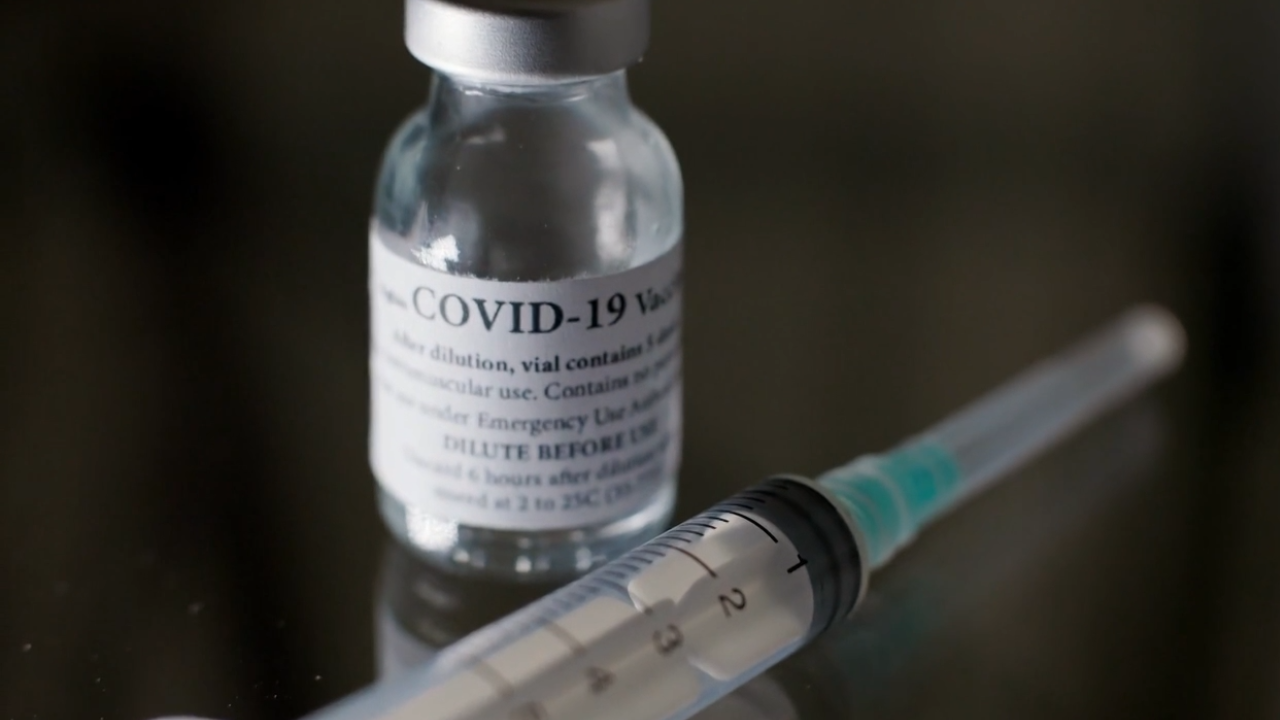ST. GEORGE, Utah — Access to COVID-19 vaccines has become more challenging in Utah compared to a year ago, with new restrictions limiting who can receive the shots and where they're available.
Caitlyn Jasumback, immunization advocacy program manager at the Utah Public Health Association, confirmed the increased difficulty in accessing vaccines.
"Yes, there is a difference. It was much easier a year ago to get the COVID vaccine than it is now, today," Jasumback said.
Recent changes by the FDA mean only those over 65 in Utah have unrestricted access to the vaccine. For people under 65, qualifying health conditions are required.
"It has to be a qualifying health condition... it's actually a lot of conditions that most Americans, a lot of Utahns have. Things like asthma, it can even include being overweight or obese," Jasumback said.
The verification process for these conditions remains relatively simple, according to Jasumback.
"A lot of times to get the vaccine, it's just saying, I have this condition. I don't have to show any documentation. You don't need to look at my medical records," Jasumback said.
Cost has become another barrier. Salt Lake County Health Director Dorothy Adams told the county's health board Thursday morning that the era of free COVID vaccines may be ending as the government no longer covers costs and many insurance providers have stopped coverage.
"Respiratory illness is real, right? Whether it be called COVID, it's just interesting that they're covering flu, but they're not covering COVID, right?" Adams said.
Pharmacy availability has also become limited. CVS announced earlier this month they won't provide vaccines in Utah to anyone based on Utah state law and liability concerns.
"CVS and I think Walgreens is potentially also included in that list of pharmacies that are either not providing it or it's a little bit harder to access than maybe at another pharmacy," Jasumback said.
This creates additional challenges for people whose insurance only covers certain pharmacies.
The financial impact is significant. People over 65 in Utah still have access to the vaccine but may need to pay out of pocket. Those under 65 may need a prescription and could face costs up to $200.
Despite the challenges, Jasumback emphasized the importance of community health decisions while acknowledging Utah's independent spirit.
"Utah is an interesting place. We don't like the government telling us what to do. I agree with that sentiment as well. But I think, too, when it comes to vaccines, it's such a hard one because it is a collective decision that we have to make in order for it to truly work the way that it is intended to work. And that can be really frustrating. And that does mean sacrifice. But again, it's for the community good. And I think also Utah is very good at that. Like we had, that's like the spirit of Utah is we come together. We're a very volunteer oriented community," Jasumback said.
For those seeking guidance, Jasumback recommends consulting with primary care providers rather than relying on outside sources.
"I think really the way that I end up going with this is talk to your primary care provider. You don't know me. I'm not somebody who can tell you what to do. You shouldn't trust anyone, really. I mean, you shouldn't trust these big talking heads that are talking at you," Jasumback said.




